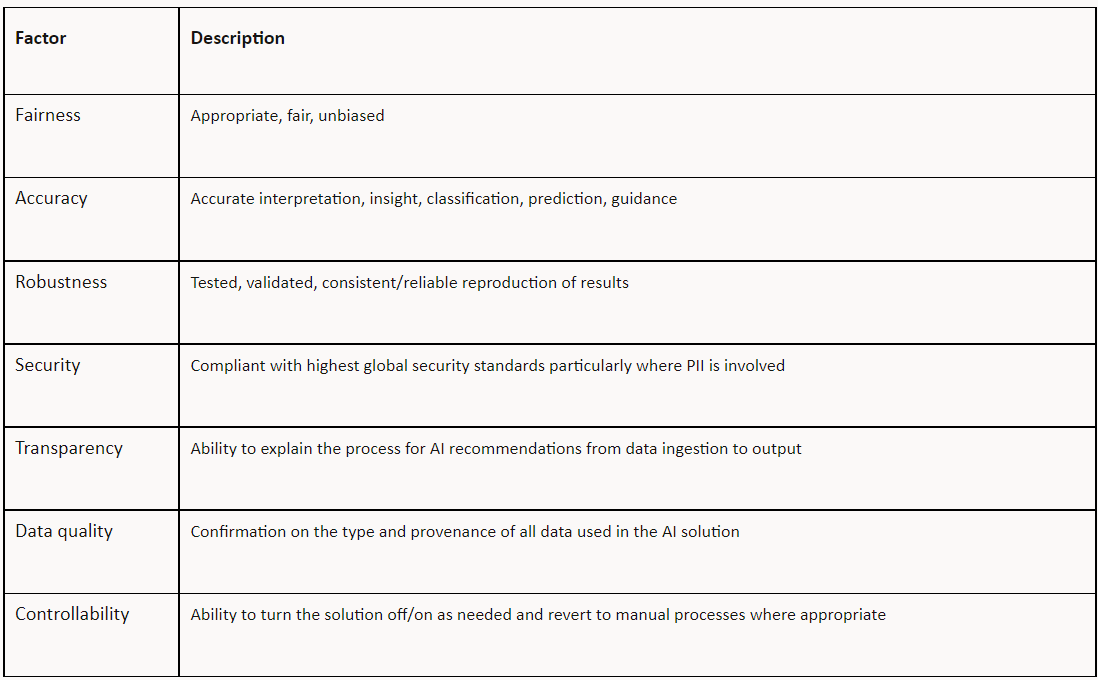Does the Use of AI by Enterprises Face Increased Regulation? - Course Monster Blog

We all recognize it. In actuality, it has already started and will continue to grow. Globally, legislation and policy that particularly addresses the usage of AI are growing. The Stop Discrimination by Algorithms Act, the California Code of Regulations, the CCPA, the AI Bill of Rights, the Algorithmic Accountability Act (US), and numerous more rules from around the world are examples.
As individuals, this should inspire us. Our freedoms and privacy are being watched after and protected. Global governments will impose strict criteria, especially for solutions involving the high-risk. All is well. However, as businesses, things are different. Of course, brands want to provide their consumers with AI solutions that are compliant, but are the requirements of law becoming too onerous to make creating and maintaining these solutions affordable? Is it worthwhile to take the chance given the severe penalties in place now for non-compliance? “Is the squeeze worth the juice?” They can hear their sobs. Can we trust that vendor-provided AI services are compliant themselves when employing them, in addition? Should customers only concentrate on internal heuristics and overall process improvements?
A reasonable point of view. However, it would be a tremendous loss if they were not able to reap the performance advantages that AI may offer at a time when businesses are seeking to expand, protect current income streams, and discover efficiencies in their operational models.
The pathway forwards for the use of AI
Even though there are inherent challenges in guaranteeing compliance in an artificial intelligence (AI) world that is becoming more and more controlled, the effects of these laws can be seen as favorable from a business perspective. Characteristics like these, such as explainability, may offer businesses the chance to build trust among current and potential customers as well as a real point of differentiation.
Although there are changes by sector, risk, and location, the legislation essentially tries to concentrate on the same important factors:

To make achieving compliance more simple, standard “frameworks” are being developed for use by client and vendor organizations. The Bundesamt für Sicherheit in der Informationstechnik (The Federal Office for Information Security), for instance, is developing a framework to support compliance audits in Germany. Businesses will be able to assess their compliance with some parameters using frameworks like these (including those listed above).
The organizations developing these frameworks are likewise being pressured by technology vendors to make them as easy to understand and use as possible. So, you can rest assured that work is being done in the background to make it simpler for business customers to apply the measures needed to use AI in a compliant manner.
To provide clients with the assurance they require that the tools and services they are using are based on technology and processes that are themselves compliant, vendors are also trying to guarantee they continue to be compliant when new law surfaces.
An easy, worry-free method to use AI via the software your organization uses every day to carry out its key workflows is through embedded AI, which is AI included in the business software you use to run your business.
Conclusion
While businesses may be concerned about the extra responsibilities and investment needs that new AI legislation and stricter industry rules may impose upon them, assistance is available.
AI frameworks are being developed to assist organizations in developing and managing AI technologies legally. In addition, technology suppliers provide compliant solutions via AI platforms, tools, and services as well as integrated AI, enabling developers to create solutions that are trustworthy, transparent, and secure.
Ironically, the market for AI may expand as a result of tighter laws and restrictions. Businesses may be certain that the AI solutions they use will improve their brands and not put them in increased danger if they know that the solutions are legal and uphold people’s rights. Since they can continue to use AI at a time when they most need it, the future of AI in business seems promising.
Here at CourseMonster, we know how hard it may be to find the right time and funds for training. We provide effective training programs that enable you to select the training option that best meets the demands of your company.
For more information, please get in touch with one of our course advisers today or contact us at training@coursemonster.com




Comments ()